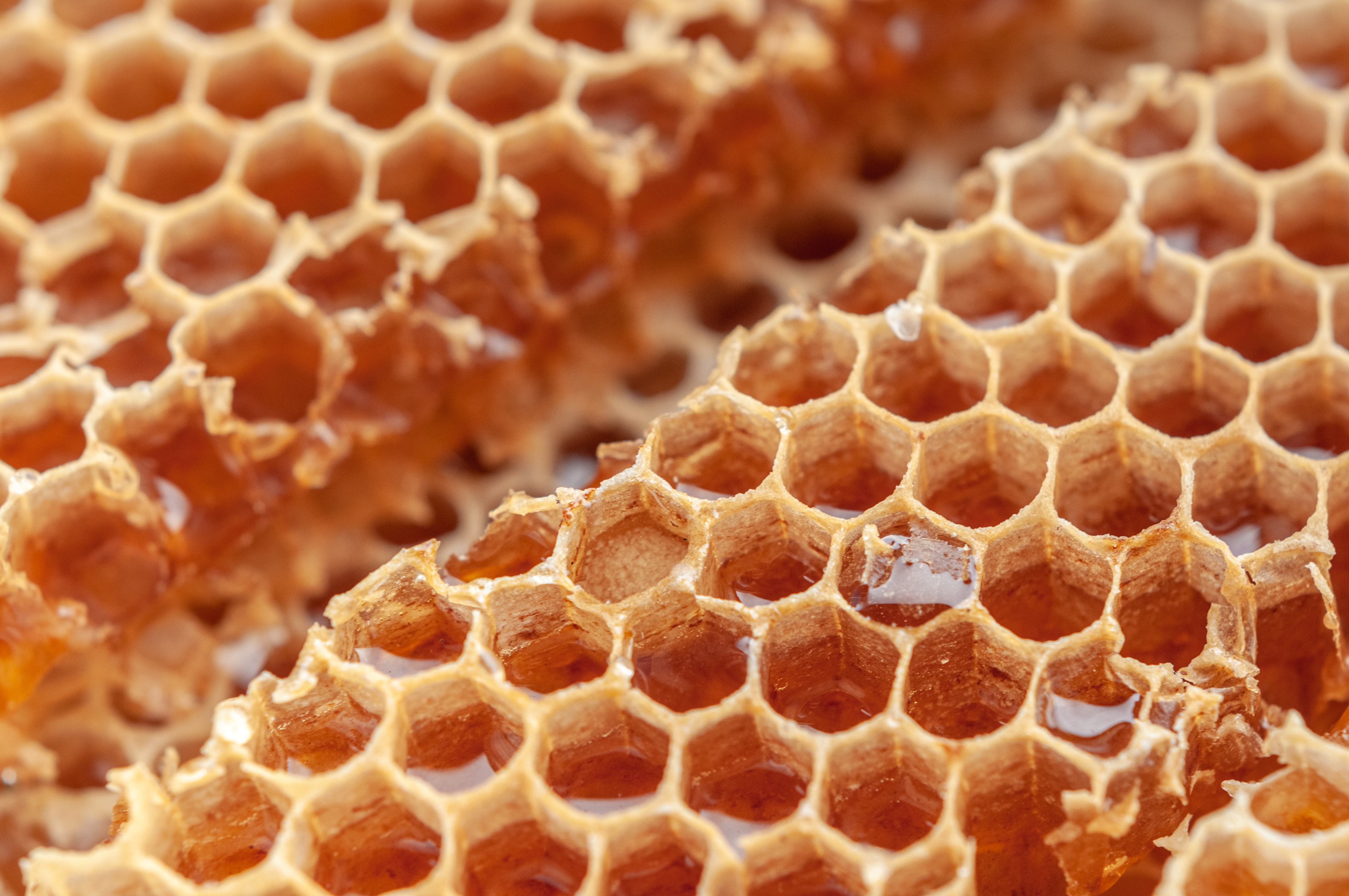Honey part 1
Everyone knows honey. The golden yellow stuff we get from our friends the bees.

Several years ago I became a beekeeper and what I learned in training made my jaw drop in amazement.
For example, many people don't know, that honey in the store is rarely pure honey. Often real honey is diluted with sugar water or sugar paste. To be clear, these practices are legal. So is mixing European and non-European honey.
What difference does that make? In Europe, there are rightly strict controls on the use of antibiotics and other chemicals on bees so that no foreign substances can get into our honey. Outside the EU, these rules do not always apply. Since non-EU honey is much cheaper in some cases, companies mix EU honey with cheaper non-EU honey. I am not saying this to point fingers, there are companies that sell pure honey, just as there are countries and non-EU products that keep antibiotics out of their honey.
But it is important to pay attention to this as a consumer. And if you want to be sure of the origin of your honey, you can always visit a local beekeeper. The beekeepers I have come to know do not use antibiotics or banned chemicals, their love for their bees is far too great for that.
Another brief word on the composition of honey. Although the specific composition varies, depending on the plants they got the nectar from, on average it has the following composition:
38% fructose (fruit sugar),
31% glucose (grape sugar),
15-20% water,
5-15% multiple sugars, and.
3% other substances such as enzymes, vitamins, minerals and fiber.
As you can see, honey is largely sugar. Yet one sugar is not the other. The fructose and glucose (together 69%) is much easier to absorb by your body than refined sugar we buy in the store. In general, you also need less of it because the taste of honey is much stronger than that of refined sugar. Therefore, it is definitely recommended to replace some of your sugar with honey when baking.
Finally, one last tip: Many people put honey in their tea or hot drinks as a natural sweetener. This is certainly not a bad idea, but first let the drink cool down to below 45°. Heated above 45°, honey is just expensive sugar and you destroy the enzymes that make honey healthy.
Team Alchymiae